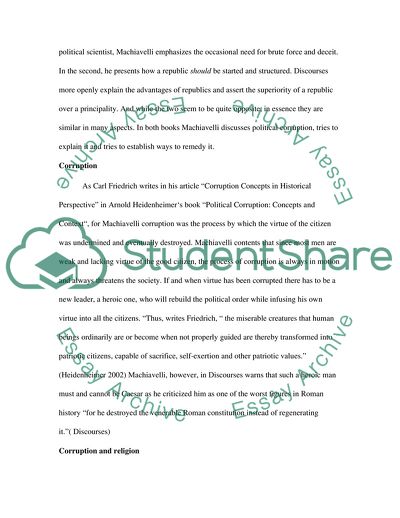Cite this document
(Machiavelli and Passion for Politics Case Study, n.d.)
Machiavelli and Passion for Politics Case Study. https://studentshare.org/politics/1749637-international-relations-and-politics
Machiavelli and Passion for Politics Case Study. https://studentshare.org/politics/1749637-international-relations-and-politics
(Machiavelli and Passion for Politics Case Study)
Machiavelli and Passion for Politics Case Study. https://studentshare.org/politics/1749637-international-relations-and-politics.
Machiavelli and Passion for Politics Case Study. https://studentshare.org/politics/1749637-international-relations-and-politics.
“Machiavelli and Passion for Politics Case Study”. https://studentshare.org/politics/1749637-international-relations-and-politics.


